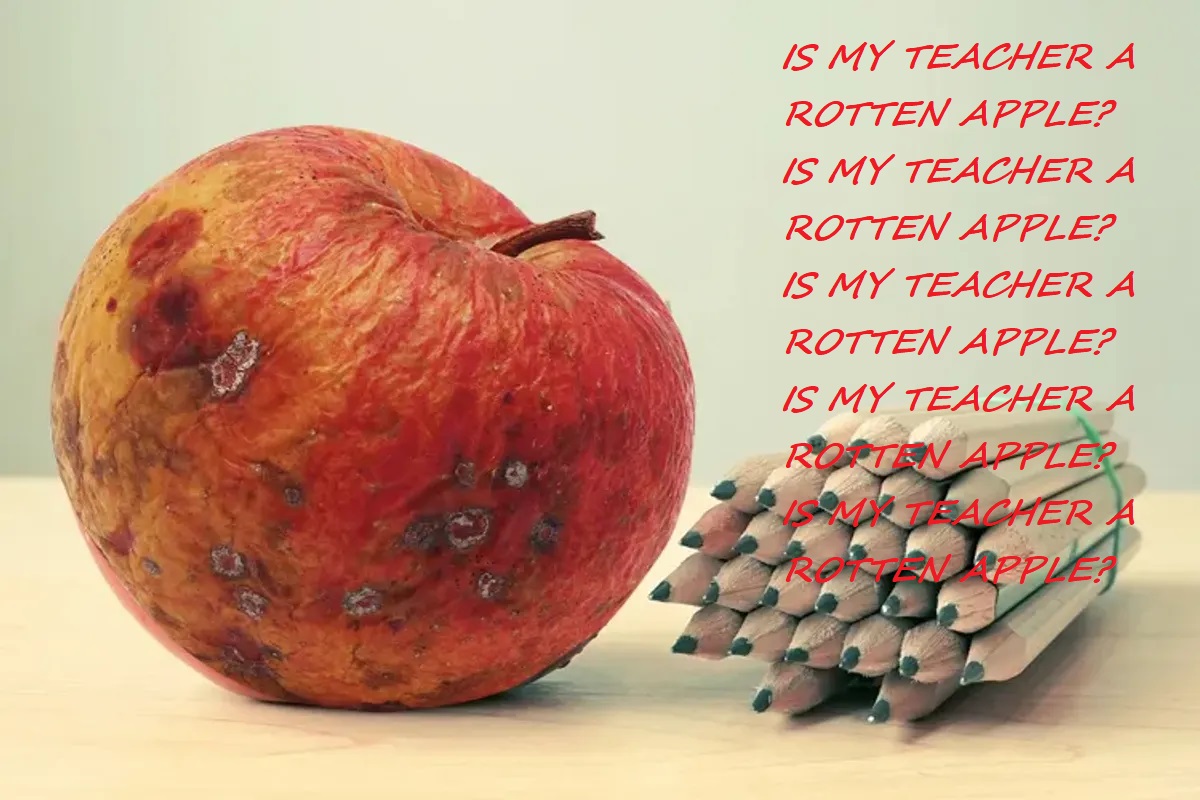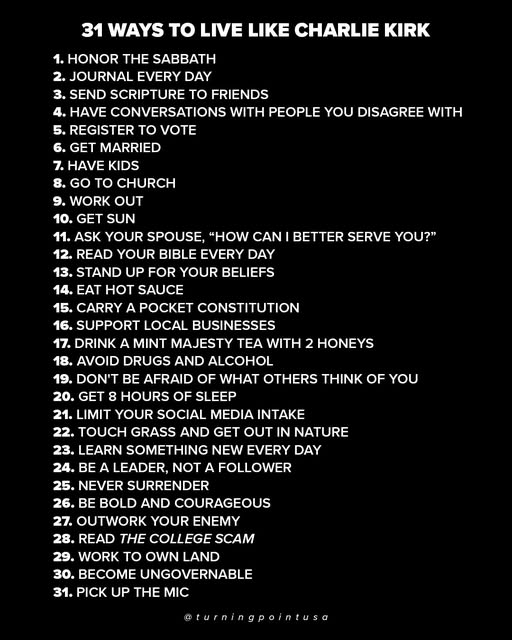How “Woke” Schools and Teachers Are Hurting Education
The concept of “wokeness” has sparked intense debates in recent years, particularly in the field of education. What began as a movement focused on social justice and equality has, in some cases, evolved into a rigid ideology with far-reaching implications. “Woke” schools and teachers, driven by an extreme version of this ideology, are reshaping the educational landscape in ways that can be detrimental to students, parents, and society as a whole. This article will explore how these changes are hurting education and the dangers they pose.
The Rise of “Woke” Ideology in Education
“Woke” ideology in education often involves promoting a specific set of beliefs about race, gender, sexuality, and power dynamics. These beliefs are frequently taught as unquestionable truths, rather than perspectives to be examined critically. In many cases, “woke” schools and teachers advocate for changes in curriculum and policies that prioritize activism over academics. While it is important to acknowledge and address social injustices, the methods and narratives promoted by this ideology can sometimes be harmful.
For example, certain schools have started to prioritize “equity” over “equality.” While equality focuses on providing every student with the same opportunities, equity seeks to ensure equal outcomes by redistributing resources based on perceived disadvantages. This shift can result in penalizing students who excel and lowering overall standards, rather than raising them for everyone.
Impact on Curriculum and Critical Thinking
One of the primary concerns about “woke” schools is their impact on the curriculum. There has been a push to revise and, in some cases, completely overhaul traditional curricula to align with “woke” values. This has led to the removal of classic literature, history, and science lessons that are considered “problematic” or “offensive” by certain groups. As a result, students are deprived of a well-rounded education that includes multiple perspectives.
Instead of fostering critical thinking and encouraging students to engage with a variety of viewpoints, “woke” education often promotes a single narrative. This limits students’ ability to think independently and critically, skills that are crucial for their success in higher education and the workforce. In some instances, students who question or challenge the prevailing narrative are labeled as intolerant or even racist, discouraging healthy debate and dialogue in the classroom.
The Dangers of “Woke” Teachers
Teachers who fully embrace “woke” ideology can also pose a danger to the educational environment. When educators act more as activists than impartial guides, they risk alienating students and creating a hostile classroom environment. These teachers may impose their beliefs on students, rather than fostering an open exchange of ideas. This can create a sense of division among students, stifling free expression and discouraging diverse perspectives.
Moreover, “woke” teachers may prioritize political and social agendas over academic achievement. In some cases, teachers have been known to grade students based on their level of agreement with “woke” perspectives rather than the quality of their work. This can lead to unfair grading practices and ultimately harm students’ academic progress and self-confidence.
Erosion of Parental Rights and Authority
Another significant issue with “woke” schools is the erosion of parental rights and authority. Many parents feel that they are being sidelined in decisions about their children’s education. For example, some schools have introduced controversial topics, such as gender identity and critical race theory, without adequately informing or consulting parents. In extreme cases, schools have even gone so far as to instruct teachers to keep certain discussions or materials secret from parents.
This lack of transparency can create a rift between schools and families, undermining the trust that is essential for a healthy educational environment. It also disempowers parents, who have a fundamental right to be involved in their children’s education and to ensure that their values and beliefs are respected.
The Potential Psychological Impact on Students
The emphasis on “wokeness” in schools can also have a psychological impact on students. The constant focus on identity politics and social justice issues can create a sense of anxiety and confusion, especially among younger children. Instead of fostering a positive and inclusive environment, “woke” education can sometimes promote a sense of guilt, shame, or victimhood based on a student’s race, gender, or other characteristics.
For example, students may be taught that they are inherently privileged or oppressed, depending on their background. This can lead to a polarized environment where students feel either stigmatized or alienated. In some cases, students might even feel pressured to adopt certain beliefs or behaviors to fit in, leading to a lack of genuine self-expression and personal growth.
Conclusion: Balancing Social Awareness with Educational Integrity
While it is important for schools to address social issues and promote an inclusive environment, it is equally important to maintain educational integrity and balance. “Woke” schools and teachers that push extreme ideologies risk undermining the fundamental purpose of education: to provide students with the knowledge, skills, and critical thinking abilities they need to succeed in life.
The dangers of “woke” education are evident in its impact on curriculum, the behavior of teachers, parental rights, and the psychological well-being of students. A more balanced approach would allow for the discussion of social issues without sacrificing academic rigor or marginalizing those with differing viewpoints. Schools should be places where diverse ideas are explored and debated, rather than institutions that promote a singular, often divisive, ideology.






